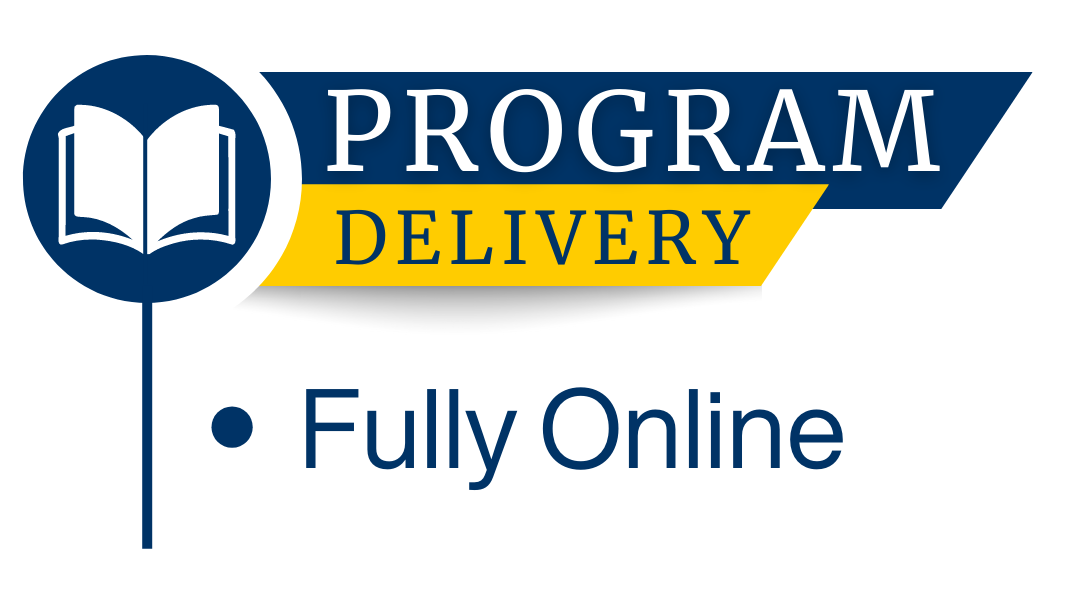
Pending approval by the S.C. Commission on Higher Education and SACSCOC
The M.S. in Criminology and Criminal Justice is an application-oriented degree with required courses in crisis communication; crisis leadership; mental health and first responders; and policy. These distinctive core courses give graduates preparation to serve in leadership roles within law enforcement, government, and non-profits and have knowledge about legal and social problems that plague South Carolina such as addiction, domestic violence, and human trafficking. This master’s degree aims to assist retention efforts of law enforcement officers and help to recruit high-quality officers and specialists into the state’s law enforcement agencies, public safety departments, and correctional institutions.
All courses connect with careers in law enforcement; victim advocacy; and non-profit organizations who work with criminal justice clients. Many organizations want a master’s degree for advancement or promotion. The program will most readily serve two audiences:
(1) law enforcement officers and professionals in government or non-profits connected to criminal justice, social services, homeland security, and public safety; and
(2) students completing an undergraduate degree in criminology, criminal justice, political science, psychology, sociology, or other social science field and wish to pursue a graduate degree for greater skills to begin their career.
Professionals in criminology and criminal justice are in demand, need to be retained as leaders, and are needed to help identify and resolve crises. This degree program has an application-oriented curriculum that showcases best-practices and policy-oriented research to enable leaders to be successful in guiding their agencies and organizations – in law enforcement, government, or non-profit organizations.
Learn from Lander’s Outstanding Faculty
All courses are designed specifically for this degree and are taught by individuals with experience and expertise in academics and leadership.
Program Objectives:
Did you know?
Admissions requirements for the M.S. in Criminology and Criminal Justice degree include:
Course credit toward this degree
If an applicant has extensive in-service experience or previous graduate education in a related field, up to 9 credit hours of transfer academic credit may be awarded on a case-by-case basis.
All courses in Lander's M.S. in Criminology and Criminal Justice are specifically designed for this degree, and all are taught online by faculty with expertise and experience in academics, leadership, and criminal justice. All instructors are full-time faculty at Lander and bring a variety of credentials and experience to the classroom. Development of the program's curriculum was a joint effort with prospective law enforcement, government, and security-related organizations and given greater preparation to serve in leadership roles within law enforcement, government, and non-profits. Courses relate to the needs of law enforcement professionals and first responders—such as mental health knowledge and awareness—as well as to how best to serve the public’s needs and organizational needs with courses on communication and leadership. Courses give students the knowledge and analytical capacity about legal and social problems that plague South Carolina such as addiction, domestic violence, and human trafficking.
The curriculum consists of 6 core courses and 4 elective courses for a total of 30 credit hours.
PROGRAM REQUIREMENTS
Note: The information below provides convenient links to some of the courses required for this degree; however, it should not be used as a course registration guide. Please refer to the official Lander University Academic Catalog for the most accurate and up-to-date program requirements.
| MAJOR PROGRAM CORE REQUIREMENTS | CREDIT HOURS |
|
|---|---|---|
| CRIM 620 | Crisis Communication | 3 |
| CRIM 625 | Crisis Leadership | 3 |
| CRIM 635 | Mental Health & First Responders | 3 |
| CRIM 650 | Contemporary Criminological Theory & Policy | 3 |
| CRIM 660 | Research Methods in Criminology & Criminal Justice | 3 |
| CRIM 695* | Capstone Course | 3 |
*Required Capstone Course
| MAJOR PROGRAM ELECTIVES | CREDIT HOURS |
|
|---|---|---|
| Choose any 4: | ||
| CRIM 640 | Human Trafficking | 3 |
| CRIM 645 | Advanced Criminal Law | 3 |
| CRIM 665 | Advanced Research Methods In Criminology & Criminal Justice | 3 |
| CRIM 670 | Victimology | 3 |
| CRIM 675 | Administrative Leadership in Criminology & Criminal Justice | 3 |
| CRIM 680 | Special Topics in Criminology & Criminal Justice | 3 |
| TOTAL FOR MS DEGREE | 30 | |
Direct any questions to Dr. Lucas McMillan, Dean of the College of Behavioral & Social Sciences at smcmillan@lander.edu or (864) 388-8275.